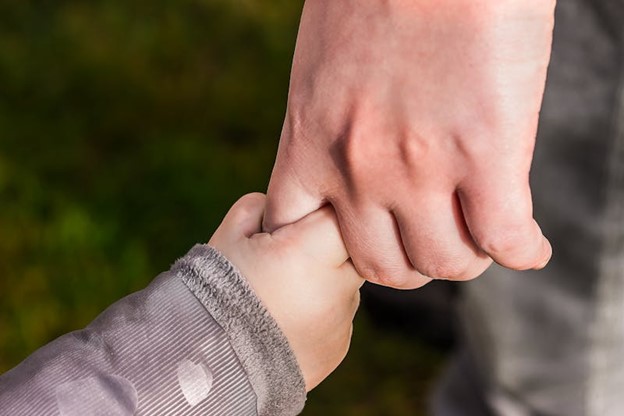
One of the most crucial concerns after a relationship ends is the welfare of any children involved. Child custody laws are tailored to address the parents’ rights and responsibilities toward their children after separation.
Child custody is a serious matter – important to all involved: parents, children, and families. The decisions now have a great impact on the future of everyone involved. A trusted child custody attorney will help and guide you through the entire child custody process.
Understanding the rights of child custody starts with the basic knowledge of what types of custody are available.
Legal custody refers to the parents’ rights to make decisions related to the child’s life, such as healthcare, education, and religious upbringing. It can be awarded to one parent (sole legal custody) or both of the parents (joint legal custody).
This custody refers to where the child will stay. Sole physical custody is when the child live with one parent who will be responsible for everyday care, while the non-custodial parent has visitation rights. On the other hand, a living arrangement is made if joint physical custody is involved. This is where the child will spend a particular amount of time with both of his parents.
Most child custody laws revolve around the principle of giving the best interest of the child. This standard obliges the courts to prioritize the security, happiness, development, and stability of the child when deciding custody.
Here are some factors to consider:
It is ideal that parents collaborate in creating a parenting plan when they separate. This plan outlines who will have legal and physical custody and how it will work.
Parents are the best individuals to do this plan for their own family since they have the most knowledge regarding work schedules, childcare appointments, the child’s preferences, and other matters that can affect where the child needs to spend time.
If the parents are ending the marriage, their making their parenting plan can be a part of the divorce settlement agreement. If both parties agree to it in court, it will be legally enforceable. Parents who come to an agreement on their own will have a quicker and less costly custodial process.
When parents cannot agree on a plan for sharing child custody, they may go to mediation or be required to attend a court-ordered mediation.
Mediators are neutral, trained professionals who help the couple talk and find areas of consensus. They engage with parents to assist and come up with parenting plans that best work for them and their children.
Parents can still be represented by a family law attorney when they are going through the mediation process to try to determine child custody. Mediation aims for a trained professional to facilitate the discussion necessary for parents to find a solution that works for their family.
This is necessary if the parents are unable to agree on custody. Trained mental health professionals will evaluate the children and the co-parents and make recommendations on how to share custody.
Custody evaluations help the court decide on custody when parents don’t agree on their own. They can also help the parents reach a settlement once they receive the recommendation.
The child custody process usually starts with one or both parents filing a custody petition in a family court. If the parents cannot agree on a private custody arrangement, they may have to participate in mediation or a custody evaluation. If no agreement is reached, a judge will make the final decision.
This can be petitioned if significant changes in the circumstances impact the well-being of the child. Examples are as follows:
Visitation rights are entitled to non-custodial parents except when harm is demonstrated against the child involved. Some instances allow supervised visitations where the safety of the child is prioritized.
The specifics of child custody depend on each state. Courts don’t just default to giving a mother custody just because she is a woman. The goal is to consider the whole perspective and determine which arrangement would be best to ensure proper childcare.